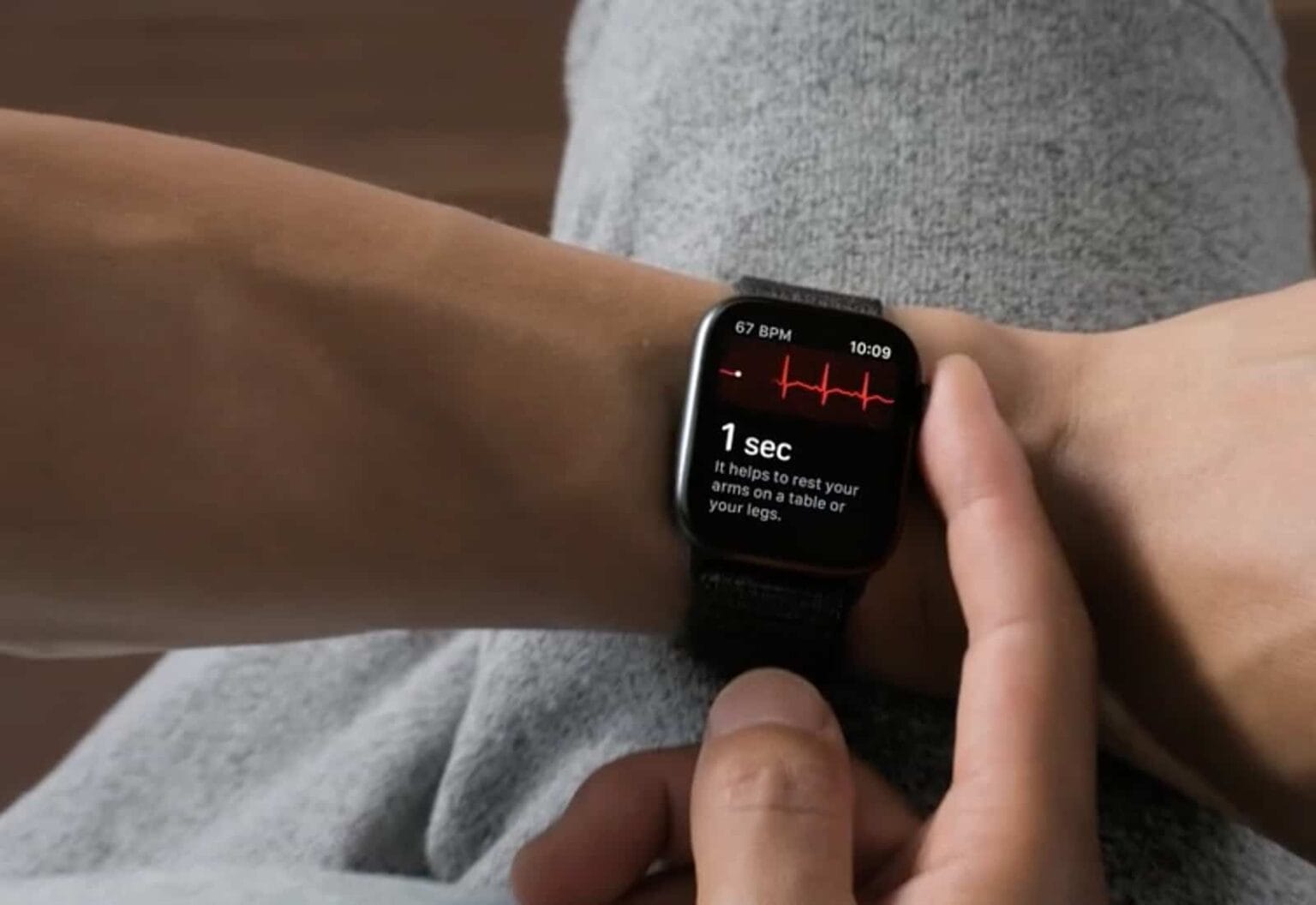For the first time, the U.S. Food and Drug Administration (FDA) qualified a digital technology — Apple Watch’s AFib History feature — for a special research program. AFib, or atrial fibrillation, is a type of abnormal heart beat associated with heart attacks.
Apple Watch’s AFib History now qualifies for FDA’s stringent Medical Device Development Tools (MDDT) program. The program says which tools research sponsors can choose from to help develop and evaluate medical devices.
Apple Watch AFib History feature qualifies for FDA MDDT program
FDA first approved Apple’s AFib History feature just before it came out in 2022, after a clinical study showed it worked. And since then, plenty of anecdotal evidence of Apple Watch’s usefulness as a heart-health tool has come along, including stories of lives saved thanks to its warnings.
Wednesday’s news from FDA qualifies AFib History for a more specialized use in assessing AFib data in clinical studies related to developing and evaluating medical devices.
Specifically, AFib History now qualifies “to assess atrial fibrillation (a type of arrhythmia, or abnormal heartbeat) burden estimates within clinical studies through the Medical Device Development Tools (MDDT) program,” FDA said.
However, real-world use of the feature may be limited. That’s because of Masimo’s lawsuit over Apple’s use of pulse oximeter technology, used by the AFib History feature. Apple turned it off in current models on sale, Apple Watch 9 and Ultra 2.
Here’s how FDA describes the feature and its qualification:
- The first digital health technology qualified under the MDDT program, providing a non-invasive way to check estimates of atrial fibrillation (AFib) burden within clinical studies.
- Designed to be used as a biomarker test to help evaluate estimates of AFib burden as a secondary effectiveness endpoint within clinical studies intended to evaluate the safety and effectiveness of cardiac ablation devices to treat.
- Designed to be used throughout the clinical study, both before and after cardiac ablation devices, to monitor a study participant’s weekly estimate of AFib burden.
Source: FDA



